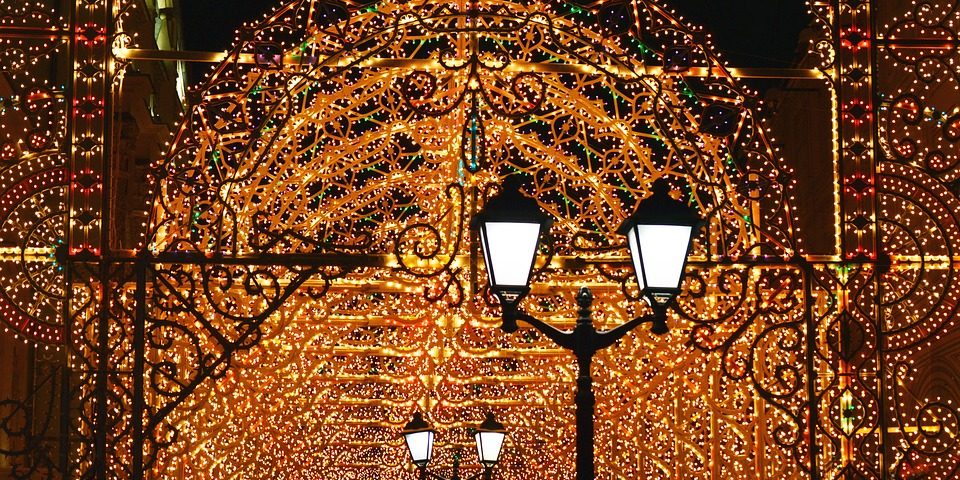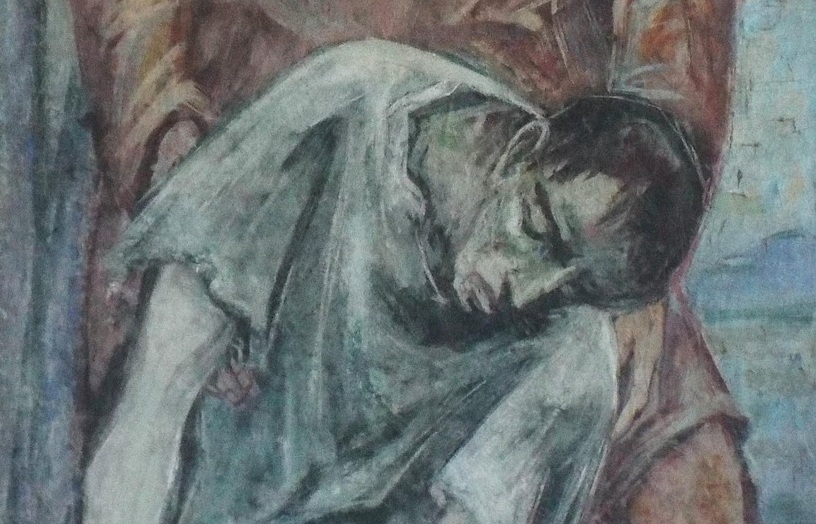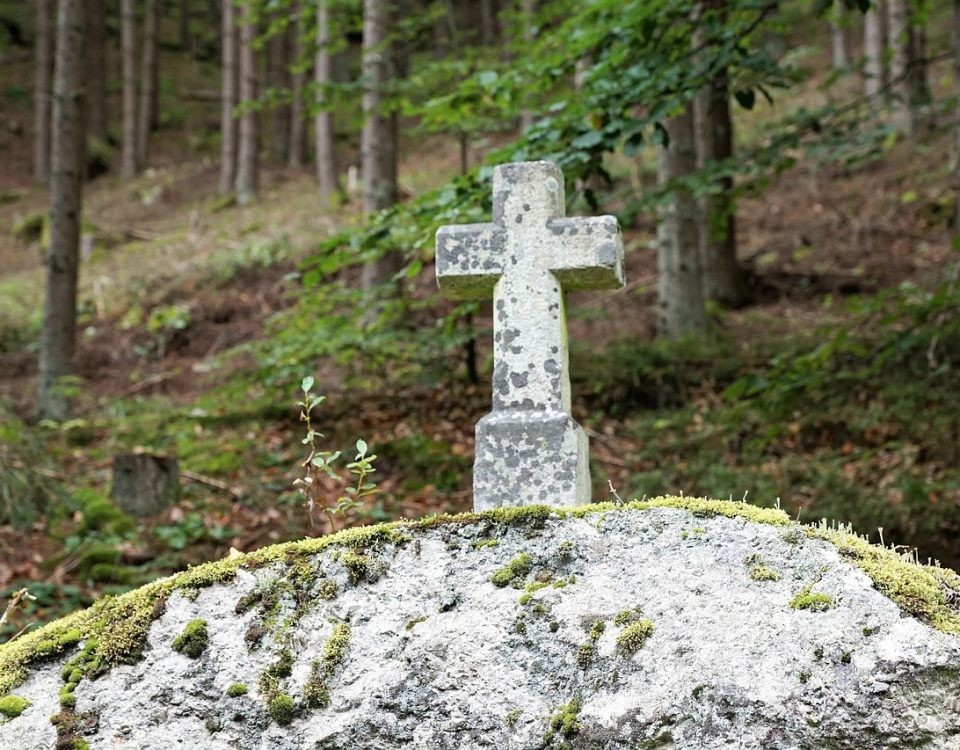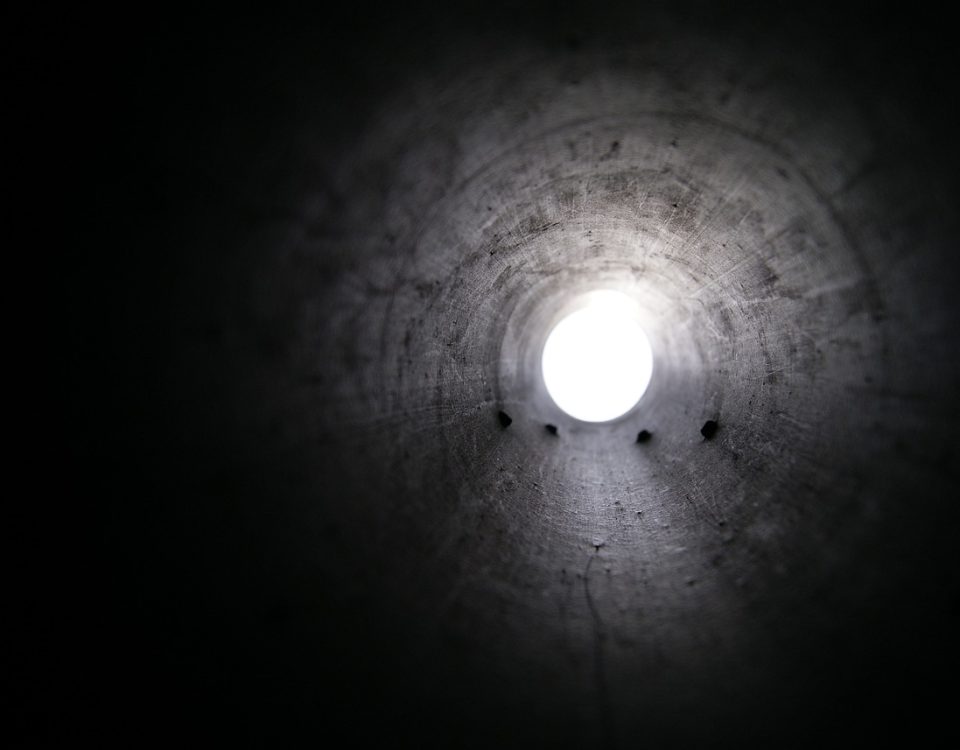“Bustle does not make a festival; on the contrary, it can spoil one.”
A philosopher’s simple reminder, Josef Pieper, in his brilliant little book, In Tune with the World: A Theory of Festivity: it’s a truth we seem always in need of remembering. In these seasons of Advent, Christmas, and Epiphany—when parties and plays and families gather together—it’s easy to forget that what we add to our festivities might not add to our festivity, but instead, the opposite.
Many of our celebrations these days are more like “pseudo-festivals,” Pieper argued. “Apparently there have been sham festivals all through the ages,” he said; it’s a “typical phenomenon of a declining society.” Signs of “pseudo-festivity” are over-commercialization (such examples should come easily to mind to all of us), politicization (one thinks here of silly controversies surrounding “Merry Christmas”), as well as seeing the holidays as mere opportunities for escape and entertainment, for “forgetting one’s worries.”
Now such “pseudo-festivity” is pseudo because, fundamentally, it’s festivity that is contrived, conjured, and manufactured by us. Which is why the fruit of such false festivity is that shallow, dull, fleeting sort of joy, which typically ends in that same old sadness we all know—or sometimes even in greater sadness, believing, falsely as we do, that our festivity is nothing more than a mere opiate and distraction from the eternal sadness of everything. There are understandable reasons for the gloom and depression of the season in some. And they are reasons philosophical and spiritual, as much as anything else.
But what marks true festivity? What must we understand and accept in order to have a chance at real festivity and not its fake? According to Pieper, we must understand that it’s something we cannot make for ourselves, only receive:
There can be no festivity when man, imagining himself self-sufficient, refuses to recognize that Goodness of things which goes far beyond any conceivable utility; it is the Goodness of reality taken as a whole which validates all other particular goods and which man himself can never produce nor simply translate into social or individual “welfare.” He truly receives it only when he accepts it as pure gift.
At the heart of genuine festivity is that primeval goodness, which God spoke at the beginning in creation—“and God saw that it was good” (Gen1:10). It’s a goodness, made entirely by God and given to us, which despite everything (no matter how bitter and dark things get), still exists, because existence still exists; that, despite it all, children are still born, flowers still bloom, the sun still rises, creation remains, that God has not given up. “God saw that it was good.” That’s what’s at the heart of festivity. It’s that joy you felt when you saw your child for the very first time—those tears and that laughter, that parental rapture.
That’s true festivity: an experience of the primal truth and goodness of creation. It’s that momentary experience of what’s always true, but which we do not always see due to work or sin. Real festivity is not an escape from reality, but rather, an experience of a “greater, more real reality.” It’s an experience, albeit momentarily, of Eden redeemed, of that “perpetual though hidden festivity.”
Which is why, as Pieper said, public religion is essential to true festivity, public worship and the praise of God. “In celebrating festivals festively, man passes beyond the barriers of this present life on earth.” That is, in Mass—in scripture heard and sacrament received—we’re offered a chance to see reality, real reality. In the liturgies of the Church we’re able to call to mind and experience that God-saw-that-it-was-good sort of joy—the joyful experience of that primeval love which has never ended, despite all the evil we know now or will ever know in the future. In that sense, it is an escape—but into truth, not out of it.
It’s what we mean when we say, “Merry Christmas.” Or at least, it’s what we should mean. It’s what we mean also when we talk about putting “Christ back in Christmas.” We’re talking about the primeval joy of creation renewed in the joy of the birth of the infant Christ.
These are the deeper reasons of these seasons we celebrate. And I agree with the philosopher that despite everything, the “core and source of festivity itself remains inviolably present in the midst of society.” Which is why I urge you still to hope, why I want you still not to give up. Because God hasn’t.
And it’s why I wish you a merry Christmas. My prayer being simply that find it. Because it’s there.










